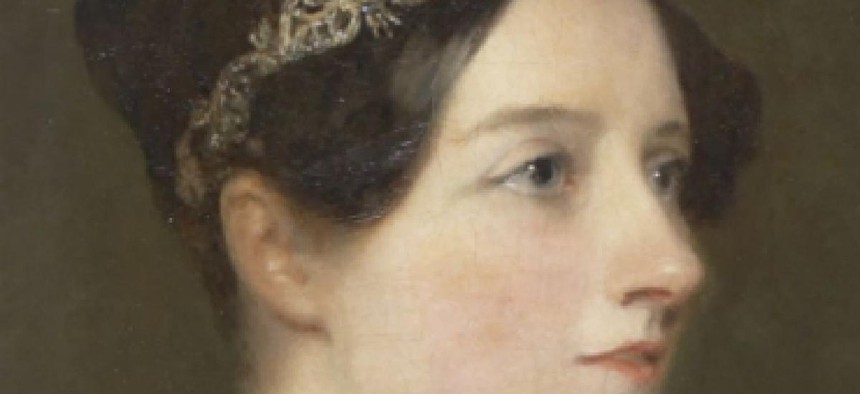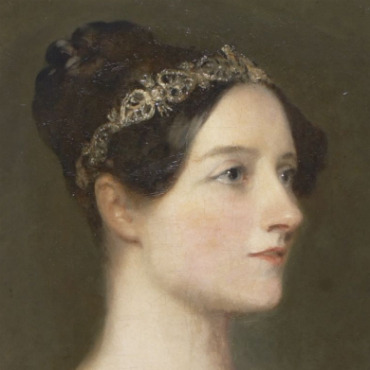Remembering programming pioneer Ada Lovelace at 200

Ada Lovelace, arguably the first computer programmer, was born 200 years ago today. She worked with Charles Babbage on one of the earliest computers in 1843.

A portrait of Ada Lovelace by Margaret Sarah Carpenter.
One of the earliest women in technology and arguably the first computer programmer, Ada Lovelace, was born 200 years ago today in London.
The so-called Enchantress of Numbers is an inspiration to modern women pursuing careers in science, technology, engineering and mathematics.
Lovelace worked with mathematician Charles Babbage on his analytical engine, one of the earliest computers, in 1843 when she was 28 years old. She is credited with writing the first algorithm to be processed by a machine, and her detailed descriptions of the engine -- in the form of "Sketch of the Analytical Engine, with Notes from the Translator" -- became the first program to be published.
According to the website Finding Ada, her work inspired computer scientist Alan Turing, who pioneered modern computing in the 1940s.
Long before such pursuits were acceptable for women, Lovelace gravitated to technology. When she was 12 years old, she began studying geometry and imagined a steam-powered "flying machine." Her mother, Anne Isabella Milbanke, studied mathematics and encouraged her daughter to do the same. (Lovelace's father, the poet Lord Byron, called Milbanke the Princess of Parallelograms.)
Lovelace married at the age of 20 and had three children. She died of cancer in 1852, shortly before her 37th birthday.
Today her legacy lives on in the Ada programming language, named after her in 1979 and used by the Defense Department for decades. Her landmark birthday has been commemorated on Twitter by the National Science Foundation, Oxford University, NPR's "Science Friday" and many more.


